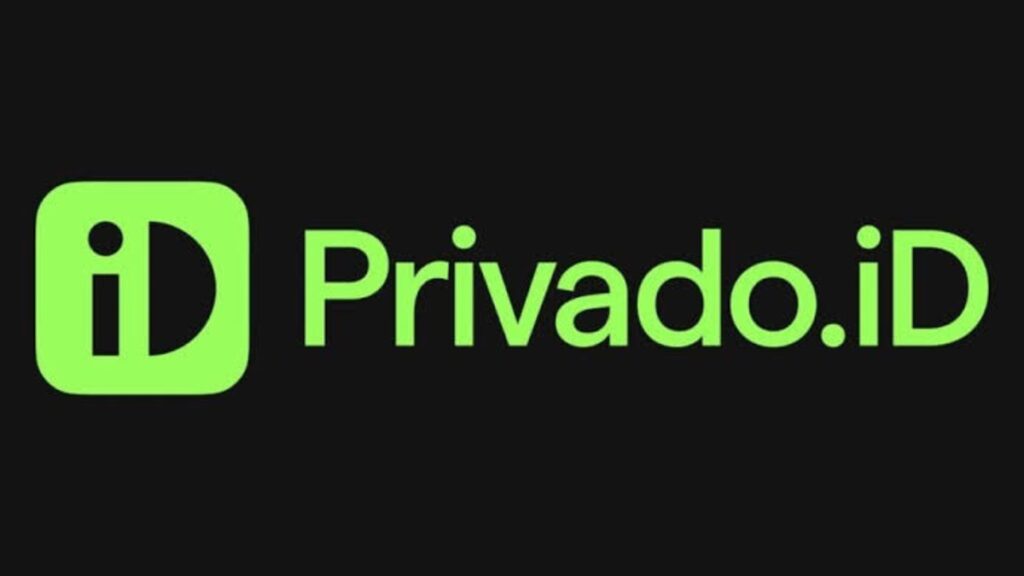Official announcements have been made by Privado ID, a privacy-focused digital identity solution that was formerly known as Polygon ID and spun out from Polygon Labs.

Identity theft and fraud have grown to be significant issues in the cryptocurrency space, especially in light of AI-generated false information. According to a new Javelin Strategy & Research analysis released on June 12, damages from fraud and identity theft would total an astounding $43 billion by 2022, affecting over 40 million adults in the US.
Although AI deepfakes are a global problem that may impact many more people, there is good news: the industry is addressing this head-on, and experts claim that more is being done to protect internet security.
The Privado ID team claims that the initiative can concentrate on growing a safe, independent digital identity system by breaking away from Polygon.
Privado ID, which is decentralized and built on the blockchain, offers an on-chain solution that allows for private communication as well as the means to reduce hazards like false information produced by artificial intelligence.
Users can utilize the identification tools provided by this protocol-agnostic platform to verify the legitimacy and origin of digital material. Users have complete control over their data when using Privado ID.
Using encryption and zero-knowledge proofs (ZKPs) to establish one’s age, qualifications, and other distinctive qualities without running the danger of disclosing sensitive personal information, users can take advantage of the platform’s streamlined approach to confirming humanity. Users can use Privado ID to give incentives, engage with tokenized assets, and confirm compliance. Antoni Martin, co-founder of Privado ID:
“Privado ID’s identity infrastructure empowers everyday people and lowers the cost of trust across industries,”
“We believe that Privado ID’s technology, with its emphasis on privacy, user control, and interoperability, will revolutionize how individuals, agents, and organizations find each other and interact in connected spaces, lowering the cost of trust and mitigating the risks of identity theft, fraud, and misinformation,” he added.
